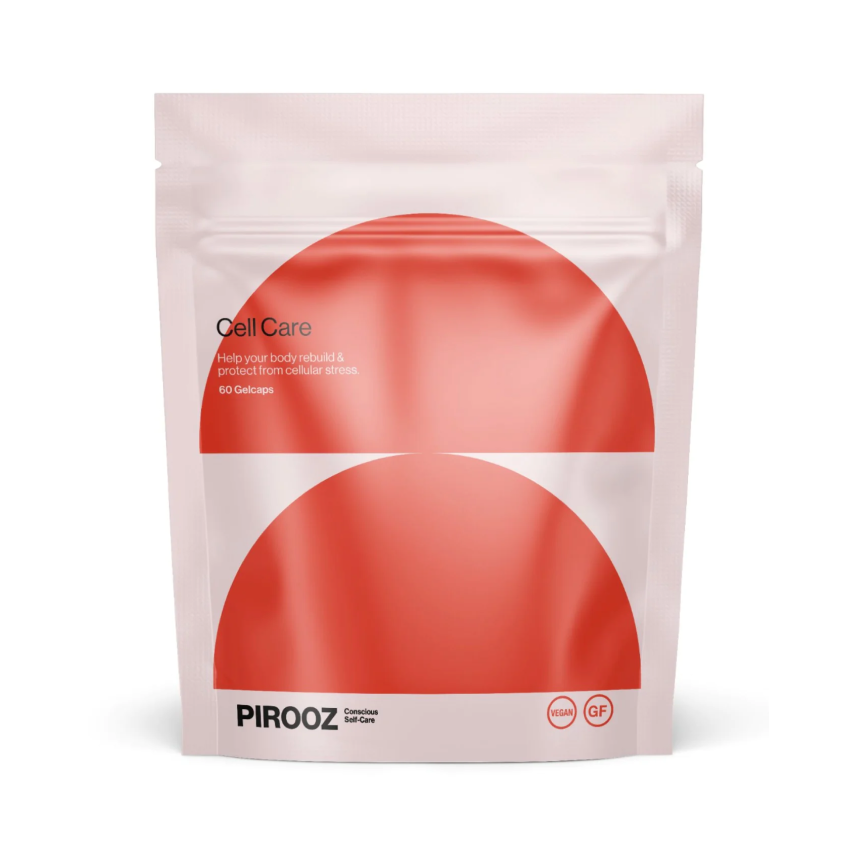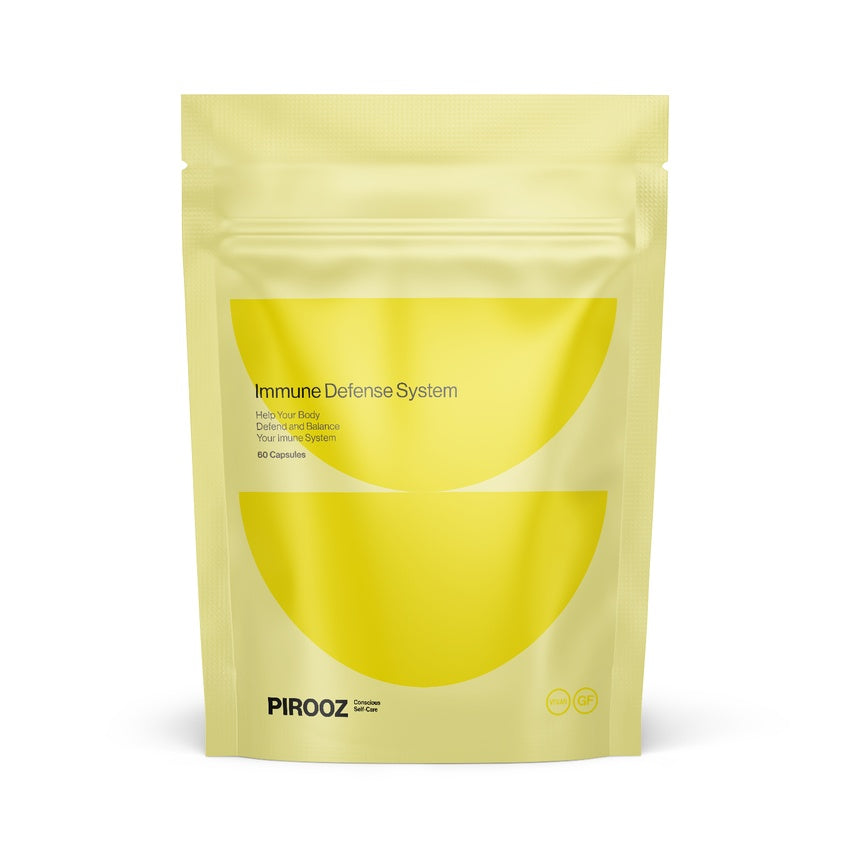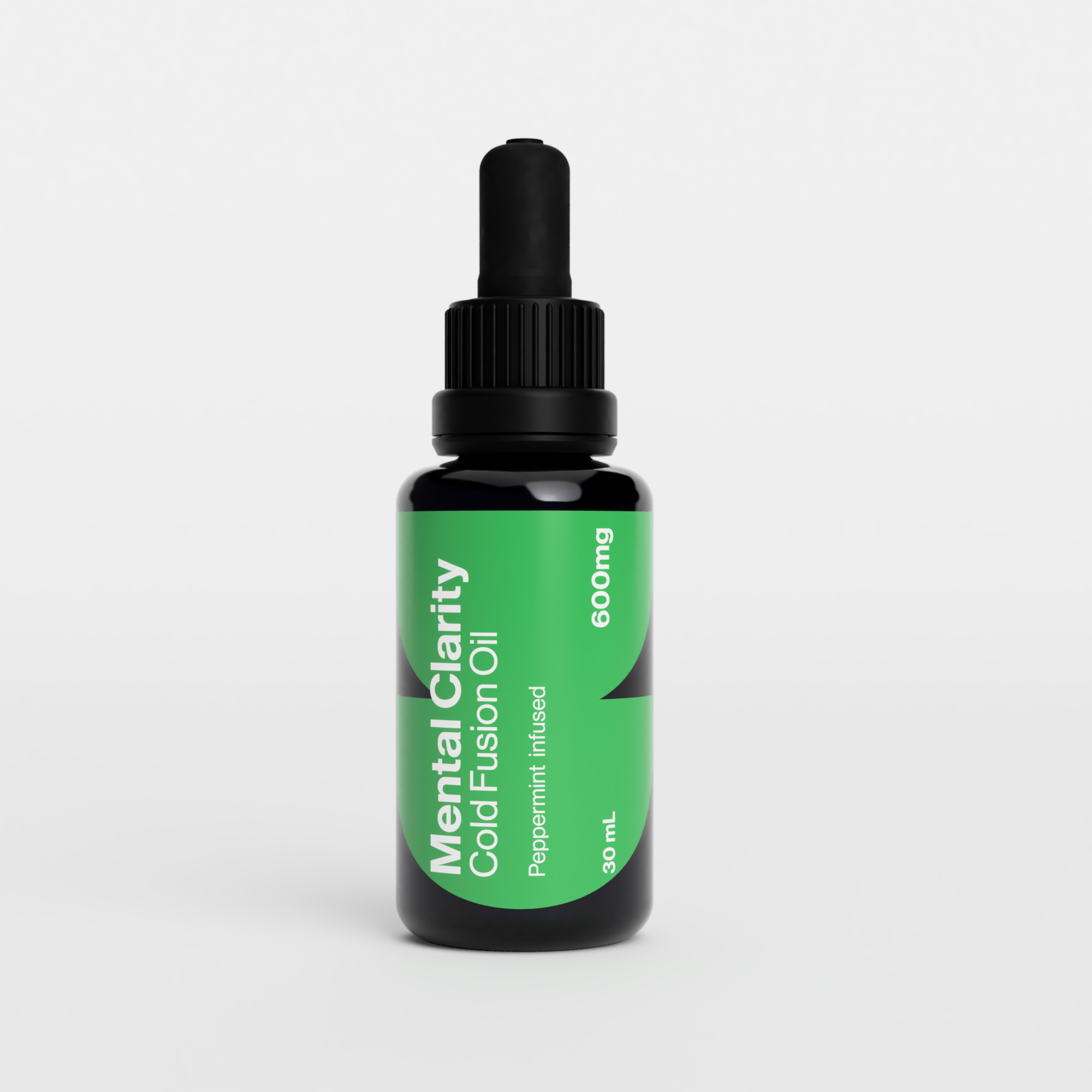Understanding Evidence-Based Medicine (EBM)
Evidence-based medicine is a systematic approach to clinical practice that integrates the best available research evidence with clinical expertise and patient values. Introduced in the early 1990s by Dr. David Sackett and his colleagues, EBM emphasizes the use of well-designed and conducted research to make informed medical decisions ( Sackett et al., 1996 ). This approach is a cornerstone of modern healthcare, ensuring robust scientific data support treatments and interventions. Incorporating antioxidants into your skincare routine helps to protect your skin from these damaging effects, supports the skin's natural repair processes, and enhances its overall appearance and health.- Best Research Evidence: High-quality clinical research, including randomized controlled trials (RCTs), systematic reviews, and meta-analyses.
- Clinical Expertise: The skills and experience of healthcare professionals in diagnosing and treating patients.
- Patient Values and Preferences: Consider patients' unique concerns, expectations, and values.
Combining these elements, EBM aims to provide the most effective and personalized care possible.
The Role of EBM in Supplement Selection
Ensuring Safety and Efficacy One of the primary benefits of applying EBM to supplement selection is the assurance of safety and efficacy. Compared to pharmaceutical drugs, which undergo rigorous testing and approval processes by regulatory bodies like the FDA, dietary supplements often need more stringently regulated. This discrepancy can lead to significant variability in product quality and the potential for harmful contaminants or ineffective formulations. For example, a study published in the Journal of the American Medical Association found that many supplements contained ingredients not listed on the label or substances that could pose health risks (Cohen, 2014). EBM helps mitigate these risks by prioritizing supplements tested in clinical trials that have proven safe and effective.Informing Dosage and Administration
Determining the appropriate dosage and administration of supplements is another critical aspect where EBM plays a vital role. Clinical research provides valuable insights into the optimal dosages required to achieve therapeutic effects while minimizing the risk of adverse reactions. This information is essential for supplements with narrow therapeutic windows or those that interact with medications. For instance, vitamin D supplementation is commonly recommended for bone health and immune support. However, excessive intake can lead to hypercalcemia and other health issues. Evidence-based guidelines help define safe dosage ranges based on age, sex, and existing health conditions (Holick et al., 2011).Avoiding Ineffective or Harmful Supplements
The supplement market is rife with products that make bold health claims without substantial evidence to back them up. EBM helps consumers and healthcare providers differentiate between scientifically validated supplements and those that lack credible support. A notable example is the case of antioxidant supplements. While antioxidants like vitamins C and E are essential for health, some studies have suggested that high-dose antioxidant supplements may not provide the expected benefits or be harmful. A large-scale meta-analysis published in JAMA concluded that certain antioxidant supplements might increase mortality risk, underscoring the importance of relying on high-quality evidence when selecting supplements (Bjelakovic et al., 2007).Practical Steps for Evidence-Based Supplement Selection
Step 1: Review Scientific Literature The first step in evidence-based supplement selection is to review the scientific literature. This involves searching for studies and clinical trials that evaluate the supplement's safety and efficacy. Reputable databases such as PubMed, Cochrane Library, and Google Scholar are excellent resources for finding peer-reviewed research. When reviewing studies, consider the following criteria:- Study Design: Randomized controlled trials (RCTs) and meta-analyses provide the highest level of evidence.
- Sample Size: Larger studies generally offer more reliable results.
- Study Duration:Longer studies can provide more information about long-term effects and safety.
- Funding and Conflicts of Interest: Be cautious of studies funded by supplement manufacturers, as they may introduce bias.
- Are Certified by Third-Party Organizations: Certifications from organizations such as NSF International, US Pharmacopeia (USP), or ConsumerLab indicate that the supplement has been independently tested for quality, purity, and potency.
- Have Transparent Labelling: High-quality supplements should provide clear and accurate labelling, including ingredient lists, dosages, and potential allergens.
- Follow Good Manufacturing Practices (GMP): GMP certification ensures that the supplement is produced in a facility that meets strict quality control standards.
- Nutrient Deficiency Testing: Before starting any supplement regimen, testing for specific nutrient deficiencies is advisable. Blood tests can measure levels of essential vitamins and minerals, such as vitamin D, iron, and B12. Addressing deficiencies through targeted supplementation can lead to significant health improvements. For example, a study in the Journal of Clinical Endocrinology & Metabolism found that correcting vitamin D deficiency improved bone health and reduced the risk of fractures in older adults ( Holick et al., 2011).
- Genetic Testing: Advances in genetic testing have enabled more precise supplementation strategies. For instance, specific genetic variants can affect how the body metabolizes nutrients. A review in the Journal of Nutrition highlighted that genetic testing can help tailor supplementation to individual metabolic pathways, enhancing the efficacy of the supplements ( Rimbach et al., 2009).
- Lifestyle and Dietary Assessment: A thorough dietary intake and lifestyle habits assessment is essential. For example, vegetarians and vegans might require B12 and iron supplements due to the absence of these nutrients in plant-based diets. Similarly, individuals with limited sun exposure may need vitamin D supplementation.
- Endocrine Society: The society's clinical practice guideline for vitamin D deficiency provides detailed recommendations for different populations, emphasizing individualized treatment plans (Holick et al., 2011).
- American Heart Association (AHA): The AHA offers guidelines on omega-3 fatty acid supplementation, recommending it for individuals with coronary artery disease or high triglyceride levels based on evidence from numerous clinical trials (American Heart Association, 2021).
- National Institutes of Health (NIH): The NIH provides comprehensive fact sheets on various supplements, including recommended dosages, potential side effects, and medication interactions. These fact sheets are valuable resources for healthcare providers and consumers ( NIH Office of Dietary Supplements, 2021).












